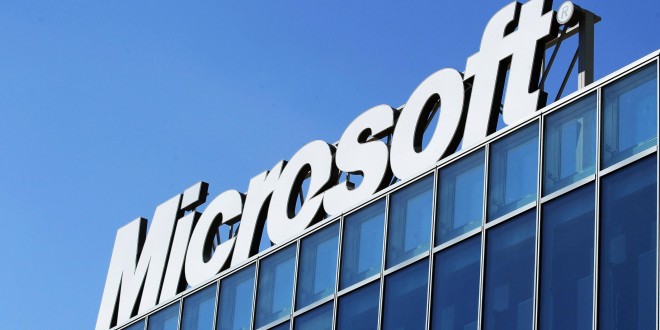As part of a drive to increase security and better protect user’s private information Microsoft has introduced new encryption for its email services. TLS (Transport Layer Security) encryption is now available across Hotmail, Outlook, Live and MSN. In addition to beefing up security for email, the company has also brought Perfect Forward Secrecy (PFS) encryption to OneDrive. The PFS encryption should keep user identities confidential from third parties during data transfer.
Both of these moves make it much more difficult for outside agents, be they hackers or official agencies, to access data from your accounts. Microsoft specifically pointed out that these measures will help prevent governments from spying illegally on their customers. “This effort also helps us reinforce that governments use appropriate legal processes, not technical brute force, if they want access to that data,” said vice president of Microsoft’s Trustworthy Computing division Matt Thomlinson. Microsoft it just one of many internet giants that are currently looking at ways to force government to obtain warrants before collecting data on their users.
The move to protect against government snooping comes months after Edward Snowden first leaked secret documents that showed the extent of data collection methods used by agencies such as the NSA. Internet companies such as Facebook, Google and Microsoft have since faced calls from privacy watchdogs and the general public to do more to protect private information. Google recently revealed that Microsoft was one of a number of email providers who didn’t encrypt sufficiently. However, the Redmond based company responded by stating it had been working on bringing TLS encryption to its email services for several months.
The news follows the release of the Blackphone. The privacy-focused smartphone allows users to encrypt all of their communications using its own operating system and specialized software. This continues a trend of companies moving to offer better protection of person data and giving users more control over their privacy.
 Load the Game Video Games, Reviews, Game News, Game Reviews & Game Video Trailers
Load the Game Video Games, Reviews, Game News, Game Reviews & Game Video Trailers



